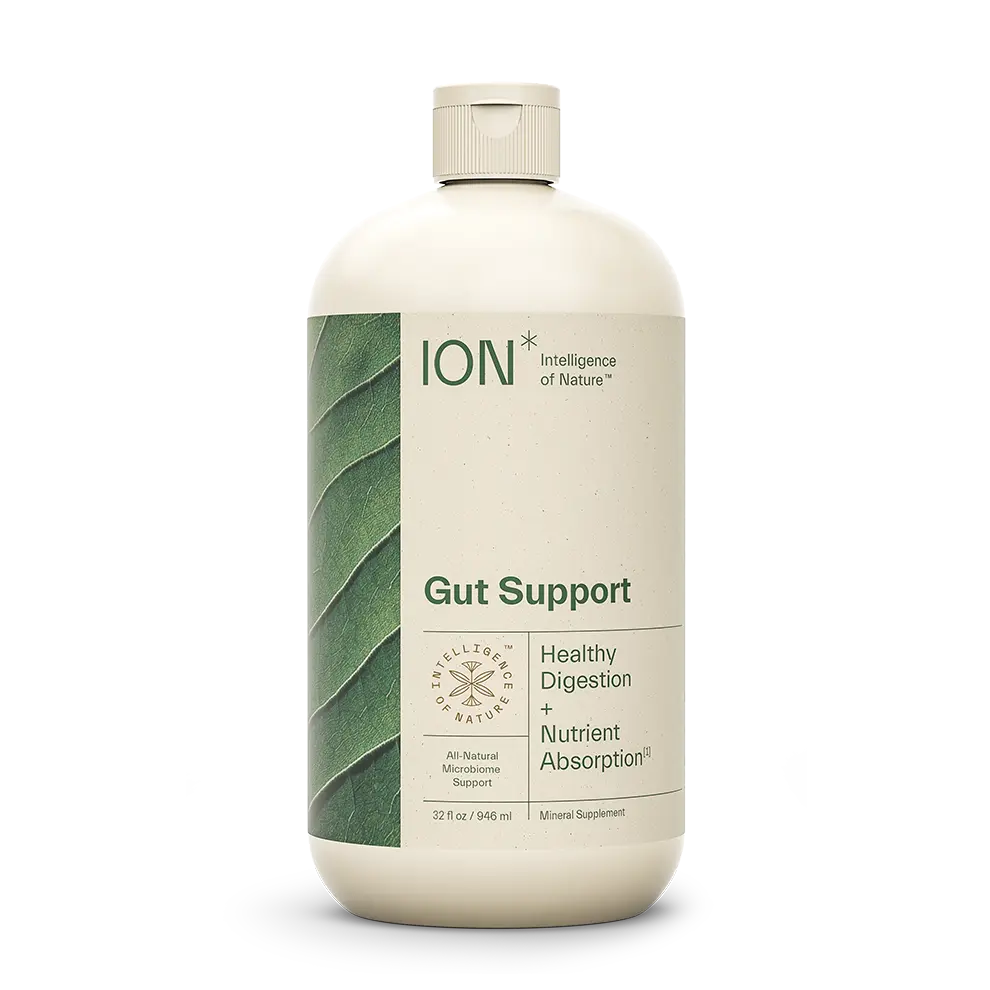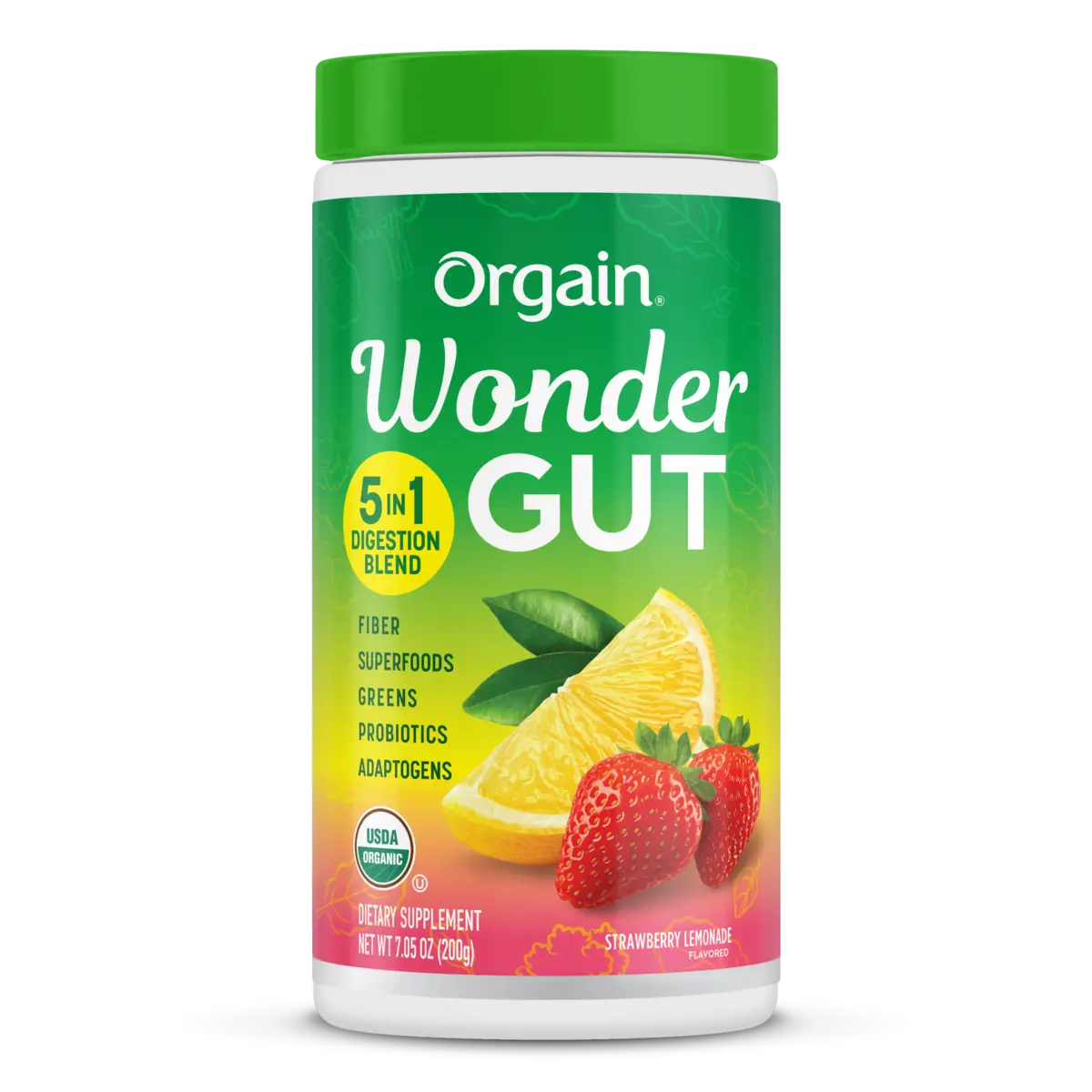Gut Health Supplement: A Key to Maintaining a Healthy Digestive System
Discover the Key to Food Digestion and Immunity With Intestine Health And Wellness Assistance

Understanding Intestine Health
Recognizing gut health and wellness is essential for total well-being, as it plays a substantial role in food digestion, resistance, and even psychological health. The digestive tract, consisting of the gastrointestinal system, is in charge of breaking down food, soaking up nutrients, and expelling waste. A balanced intestine environment guarantees reliable digestion, permitting the body to make use of nutrients effectively.
Furthermore, intestine health considerably affects the body immune system. The gut houses a substantial part of the body's immune cells, and a healthy and balanced intestine can help ward off microorganisms and minimize swelling. Disturbances in gut health can result in an overactive immune action, possibly adding to autoimmune problems and allergic reactions.
Additionally, the gut is typically described as the "2nd mind" because of the gut-brain axis, a complicated interaction network connecting the intestine and the mind. This link affects state of mind, cognition, and emotional wellness. Problems such as dysbiosis, defined by a discrepancy in digestive tract bacteria, have been related to mental wellness problems, consisting of anxiety and anxiety.
The Digestive Tract Microbiome Explained

The gut microbiome, a diverse area of microbes living in the intestinal tract, plays a pivotal duty in keeping gastrointestinal health and total health. Comprising trillions of microorganisms, infections, fungi, and other microbes, this complex ecological community help in the digestion of food, the synthesis of important nutrients, and the regulation of metabolic procedures.
Each individual's gut microbiome is one-of-a-kind, affected by factors such as diet regimen, way of life, genetics, and ecological exposures. A well balanced microbiome supports optimum food digestion by breaking down complicated carbohydrates, creating short-chain fatty acids, and promoting the absorption of nutrients. On the other hand, an imbalance, commonly referred to as dysbiosis, can bring about gastrointestinal problems, including short-tempered bowel disorder (IBS) and inflammatory bowel illness (IBD)
Study has shown that a diverse microbiome is connected with better health and wellness end results, underscoring the value of dietary options in supporting these microorganisms. Foods rich in fiber, probiotics, and prebiotics, such as fruits, veggies, and fermented items, can promote a healthy and balanced microbiome. Recognizing the gut microbiome is necessary for developing targeted interventions targeted at boosting gastrointestinal health and wellness and protecting against gastrointestinal illness.

Link Between Food Digestion and Immunity
A durable connection exists in between digestion and resistance, highlighting the essential duty of the gut in keeping overall health and wellness. The gastrointestinal tract is home to trillions of microbes that develop the intestine microbiome, which considerably affects both immune feedbacks and digestive processes. This facility community help in damaging down food, absorbing nutrients, and offering crucial metabolites that support immune function.
When food digestion is efficient, the digestive tract obstacle continues to be intact, stopping hazardous microorganisms from getting in the bloodstream (gut health supplement). On the other hand, inadequate food digestion can lead to a discrepancy in the microbiome, causing dysbiosis, which has actually been connected to various health problems, consisting of inflammatory disorders and autoimmune diseases. Additionally, around 70% of the body immune system stays in the gut-associated lymphoid Click This Link cells (GALT), which interacts closely with the gut microbiome. This interaction makes certain that the body immune system can properly distinguish between advantageous and hazardous compounds.
Tips for Sustaining Digestive Tract Health
Sustaining digestive tract health is essential for preserving both digestive performance and a well-functioning body immune system. To foster optimum gut wellness, think about incorporating a number of practical approaches into your day-to-day routine.
First, focus straight from the source on hydration. Drinking appropriate water supports food digestion and helps preserve the mucosal cellular lining of the intestines. In addition, regular physical task can enhance digestive tract mobility and promote a varied microbiome.
Mindful eating methods are additionally vital. Eating food thoroughly and eating gradually can aid digestion and protect against overeating, which might emphasize the intestine. Managing anxiety via techniques such as meditation, yoga exercise, or deep-breathing workouts can favorably influence intestine wellness, as anxiety is understood to interrupt digestive processes.
Integrating prebiotics and probiotics into your program is an additional reliable strategy. While specific foods will be talked about later, comprehending the value of these elements is vital. Prebiotics work as food for beneficial gut bacteria, while probiotics introduce live beneficial organisms.
Lastly, avoid too much usage of anti-biotics, as they can interfere with the equilibrium of digestive tract plants. By complying with these suggestions, you can considerably contribute to the maintenance of a healthy and balanced intestine, which is necessary for general health and wellness and vitality.
Foods That Promote Gut Health

Fermented foods, such as yogurt, kimchi, sauerkraut, and kefir, are abundant in probiotics, which are helpful germs that support digestive tract vegetations and boost food digestion. These foods can assist bring back balance in the gut, particularly after antibiotic usage or digestive system disruptions.
In addition to fermented options, prebiotic foods, such as garlic, onions, asparagus, and bananas, act as sustenance for these probiotics, advertising their development and activity. These soluble fibers sustain intestine motility and can reduce issues like constipation.
In addition, integrating high-fiber foods, including whole grains, legumes, veggies, and fruits, is necessary for preserving a healthy intestine. Fiber aids in normal defecation and assists avoid digestive conditions.
Lastly, omega-3 fats found in fatty fish, flaxseeds, and walnuts have anti-inflammatory residential or commercial properties that can better support intestine health and wellness. Stressing these foods in your diet plan can result in a robust digestive system and boosted immune function.
Conclusion
In final thought, focusing on intestine wellness is essential for enhancing food digestion and improving resistance. A well balanced intestine microbiome, influenced by dietary choices and lifestyle elements, plays a vital duty in nutrient absorption and swelling decrease.
Recognizing intestine wellness is crucial for overall well-being, as it plays a significant role in digestion, immunity, and even psychological wellness. The intestine houses browse around these guys a significant section of the body's immune cells, and a healthy and balanced intestine can aid fend off virus and minimize swelling.Furthermore, the digestive tract is frequently referred to as the "second brain" due to the gut-brain axis, an intricate interaction network connecting the digestive tract and the brain.A durable link exists between digestion and resistance, highlighting the critical duty of the digestive tract in preserving overall wellness.In verdict, prioritizing gut health is crucial for maximizing digestion and enhancing resistance.